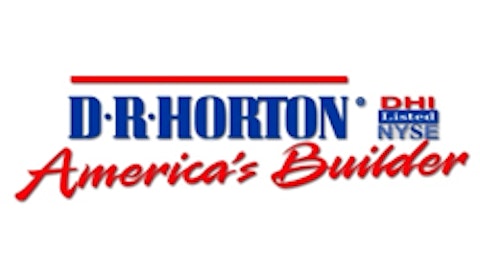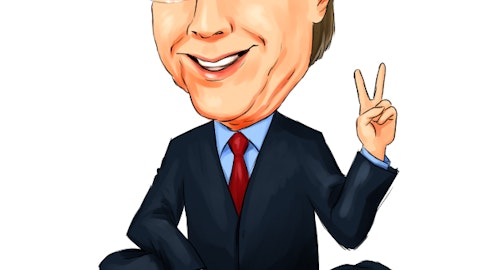Just how much do you have in common with the undead? Perhaps more than you know.
Last Friday, moviegoers piled into theaters for the highly anticipated release of Hollywood’s first summer blockbuster, World War Z. Adapted from Max Brooks’ best-selling novel, the film was billed as the next big thing in a long line of money-minting zombie flicks.
It joined the likes of Lions Gate Entertainment Corp. (USA) (NYSE:LGF)’s Warm Bodies, which opened at $20 million in February, and AMC Networks Inc (NASDAQ:AMCX)‘ wildly popular television series The Walking Dead, now in its fourth season.
But for investors, this widespread zombie fascination requires some reading between the lines.
You see, just hours before the film’s release, a single Federal Reserve announcement caused the stock market to take a hard turn for the worse. With the S&P 500 index (down 2.5% on the day) leading the descent into the red, all major indexes plunged that Thursday, closing out the worst day for the market so far in 2013.
The timing of this market drop and the $66 million open of World War Z is merely coincidental. However, their convenient juxtaposition gives me pause.
Because the way I see it, we’re living through a “zombie” market. Let me explain…
The brains behind eating brains
Like most Hollywood trends, the film industry’s flavor of the week can often serve as a barometer for measuring national (sometimes global) sentiment. As ridiculous as it sounds, the zombie genre is no different.
These films have carved out their niche in Hollywood not just because they’re fun and terrifying, but because they reflect our very real fears about society.
So what are we really afraid of?
Impending doom, certainly.
More than that, though, we’re afraid that when disaster hits, our society will cannibalize itself (literally and figuratively). We watch these films because we need reassurance. We need to know that if push came to shove, someone would be capable of restoring normalcy.
Which is why, in every zombie flick, the characters that survive are those who can remain faithful to rational thought and behavior. The characters who fail to do so succumb to their flesh-eating foes –moments before becoming part of the mindless mob themselves, driven only by a primal pack mentality.
It’s a simple takeaway: Stick to your guns and don’t lose your cool. But when you’re staring a “disaster” in the face, keeping a level head is a tougher task than one might imagine. Which brings me back to last Thursday’s market performance…
Fighting the “zombie” market
With market meltdowns still clearly in our rearview mirror, investors have been conditioned to expect the worst. Add in constant chirping from financial pundits trying to call the top, and it’s no wonder Wall Street is on edge.
This is the essence of the “zombie” market: Instead of embracing a bull market, we’re waiting on the first sign of trouble. Waiting for the first chance to pull out all our money and run.
But living in fear of disaster is no way to invest. In fact, it’s the best way to overreact and miss out on substantial gains in the stock market.
Looking back on last week, large-cap stocks like Yahoo! Inc. (NASDAQ:YHOO) and Hewlett-Packard Company (NYSE:HPQ) got hammered (falling 3.4% and 2.8%, respectively) on the heels of Ben Bernanke’s Thursday announcement that stimulus support would taper off later in the year. Disappointing? Maybe. A sign of the apocalypse? Hardly.
Still, many investors hit the panic button, unwilling to stick around for whatever “crash” might follow the S&P’s 2.5% pullback.
Here’s why they’re “dead” wrong
When your portfolio is bleeding money, it’s easy reach for the “sell” button. But it’s during those times that your investing principles are most important. Specifically, remembering that your shares represent a piece of a company — not just a pile of cash.
So take a step back, and ask yourself one simple question: “How does this affect the company?” Don’t bother asking, “How does this affect the stock?”





